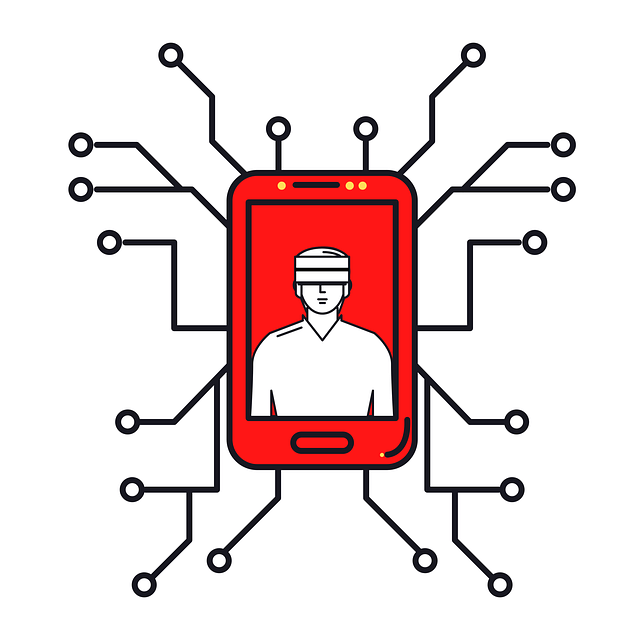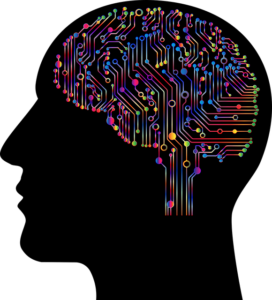Here Come the Artificial Intelligence Nutritionists – The New York Times
The app’s machine-learning algorithm can identify patterns and learn from data with human help. It analyzes data from different individuals’ blood sugar responses to tens of thousands of different meals to identify personal characteristics — age, gender, weight, microbiome profile and various metabolic measurements — that explain why one person’s glucose sp…….

The app’s machine-learning algorithm can identify patterns and learn from data with human help. It analyzes data from different individuals’ blood sugar responses to tens of thousands of different meals to identify personal characteristics — age, gender, weight, microbiome profile and various metabolic measurements — that explain why one person’s glucose spikes with certain foods when another person’s doesn’t. The algorithm uses these observations to predict how a particular food will affect one’s blood sugar and assign each meal a score.
The system can’t yet take into account the candy bar someone had two hours ago — but users can play around with food combinations to change the score for each meal. For example, the app gave macaroni and cheese — one of Mr. Idema’s favorites — a low score, but he was able to improve it by adding protein. That’s because adding protein or healthy fats can temper the blood sugar spike from a carbohydrate-heavy meal like macaroni.
“I thought they were going to say, ‘Oh my gosh, you’ve just got to become a salad eater, and that’s not been the case,’” said Mr. Idema.
DayTwo, which is currently only available to employers or health plans, not consumers, is one of a handful of A.I.-based apps recommending healthier meal options. Another company, ZOE, also generates meal scores and is available directly to consumers for $59 per month. ZOE’s algorithm uses additional data, such as blood fat levels, in addition to microbiome and blood sugar tests. The algorithm was able to predict how a person’s blood sugar and fats respond to different foods in a large 2020 study led by one of the company’s founders, Dr. Tim Spector, a professor of genetic epidemiology at King’s College in London.
Currently these algorithms mostly focus on blood sugar, but newer versions will incorporate more personal data, and, in theory, recommend diets that reduce cholesterol, blood pressure, resting heart rate or any other measurable clinical indicator.
“Bringing in all these different data types is very, very powerful, and that’s where machine learning kicks in,” said Dr. Michael Snyder, a genetics professor at Stanford University who helped found the health start-up, January.
Buyer, beware.
The field of personalized nutrition is still in its Wild West phase, and experts say it’s important to sort through the hype. Many companies are willing to test your microbiome and offer A.I.-driven dietary recommendations — as well as sell you supplements — but few are based on scientifically rigorous trials. Last year, uBiome, which made one, was even charged with fraud. In general, the more broad-ranging the health and weight loss claims the companies make, the less reliable the evidence to support them.
Source: https://www.nytimes.com/2022/03/14/well/eat/ai-diet-personalized.html







